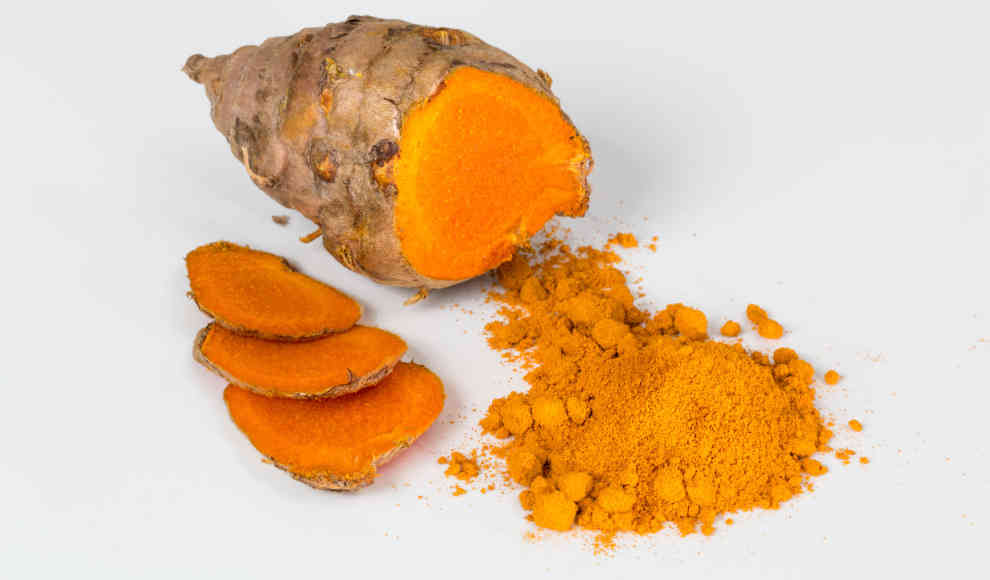A breakthrough study by scientists at the University of Saarland has found that curcumin, a compound found in turmeric, can suppress inflammation without any side effects. This discovery could potentially replace the use of cortisone in the future. While curcumin is a main ingredient in curry and is used as a medicine in Asia, the concentration of the compound is too low to have a significant effect when consumed through food. The study, published in the Journal of Biological Chemistry, focused on the effects of curcumin on immune system cells called macrophages. The researchers found that curcumin specifically targets and suppresses inflammation, making it comparable to the effects of cortisone medication, but without the harmful side effects.
The study’s lead author, Jessica Hoppstädter, explained that curcumin ensures that the glucocorticoid-induced leucine zipper (Gilz) protein, which suppresses inflammation in healthy individuals, continues to be produced even during inflammation. This means that the concentration of Gilz remains high enough to continue suppressing inflammation, even when the immune system is actively breaking down these molecules. While cortisone medication also stimulates the production of Gilz in macrophages, it is known to have harmful side effects. Curcumin, on the other hand, has a different mechanism of action and does not produce any known side effects.
Despite the promising results, Hoppstädter cautioned that the study is still in its early stages and more research is needed. She also noted that the concentration of curcumin in turmeric is too low to have a significant effect, and the poor water solubility of curcumin makes it difficult to absorb through digestion. However, the study’s findings suggest that curcumin could be the basis for new medications that could replace cortisone and provide a safe and effective treatment for chronic inflammation.
In conclusion, the study’s findings on the anti-inflammatory effects of curcumin are promising and could potentially lead to the development of new medications that are safer and more effective than cortisone. While more research is needed, the study provides a strong foundation for future studies on the use of curcumin in treating chronic inflammation.










